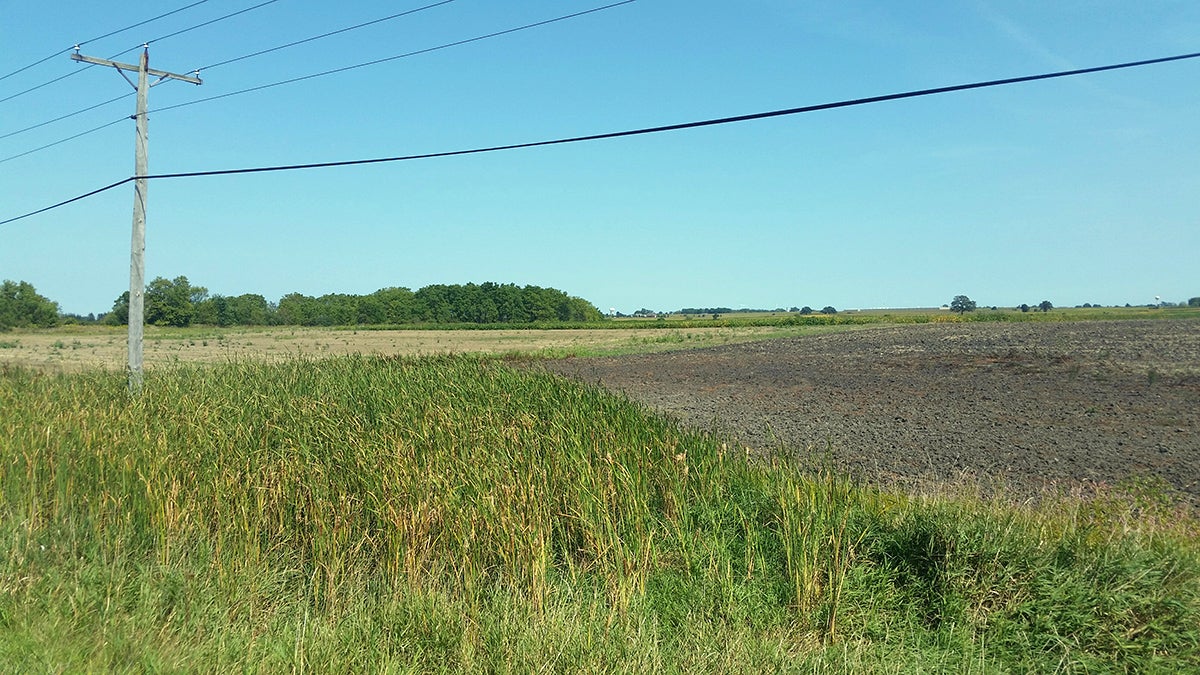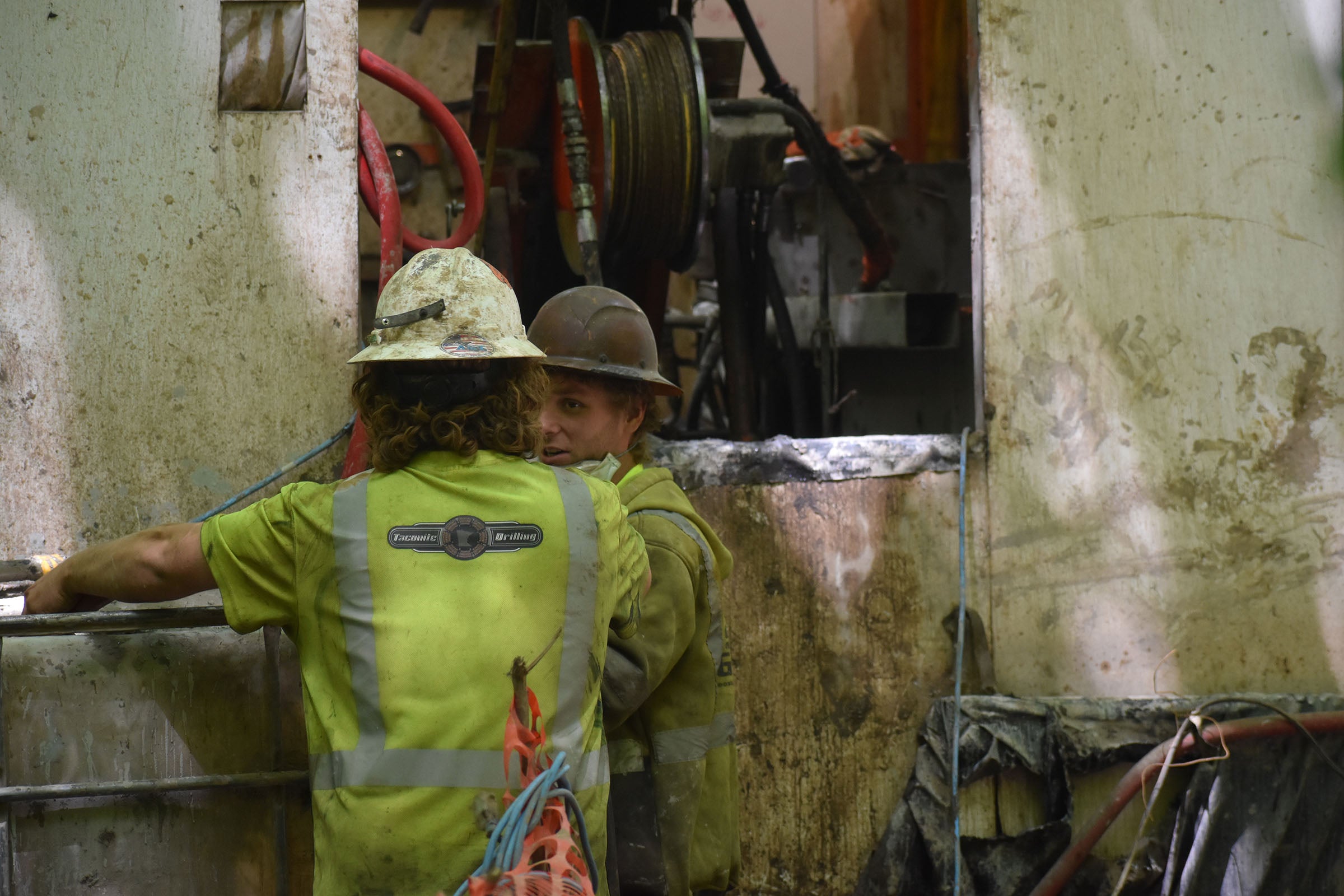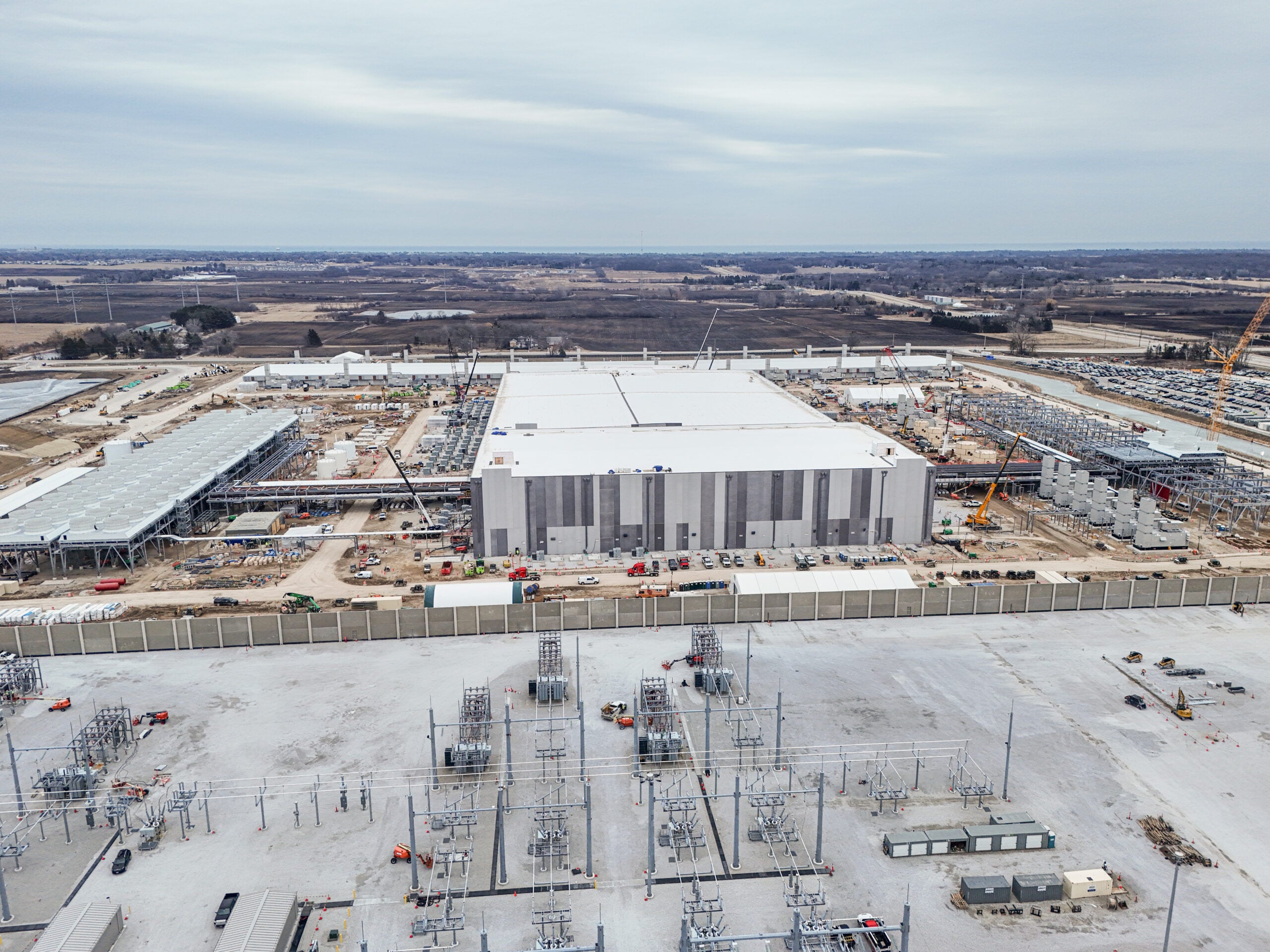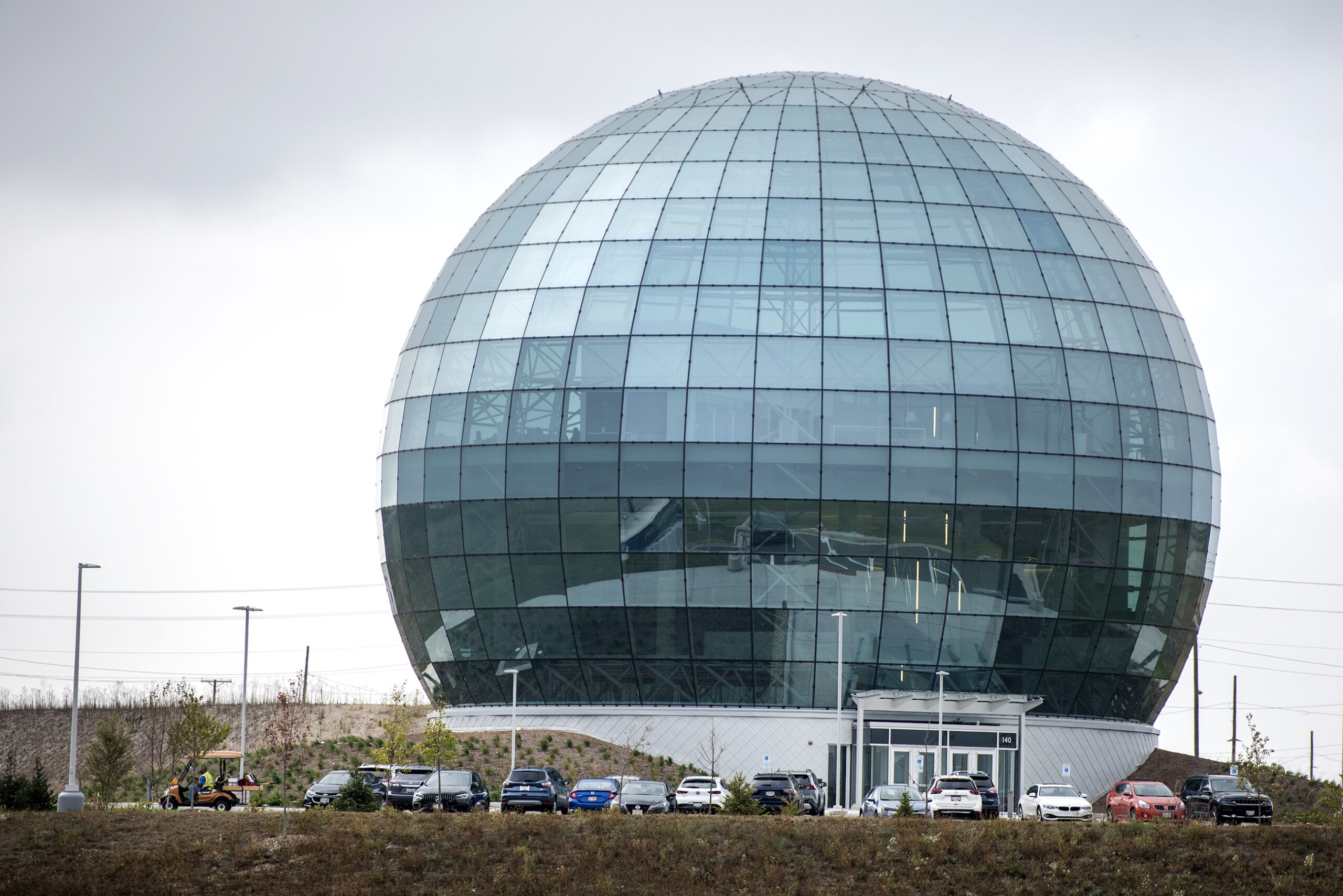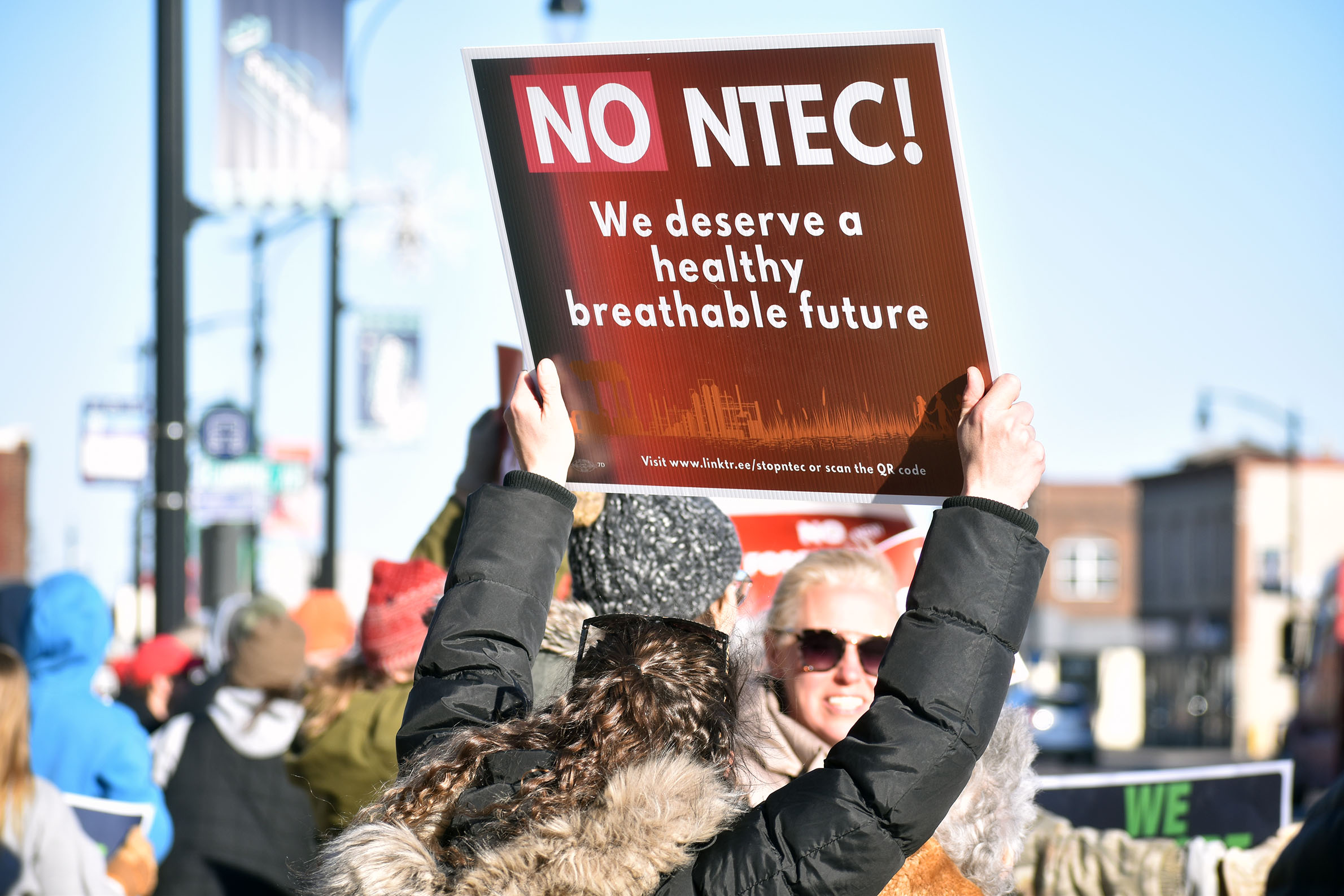The $3 billion financial incentives package to bring Foxconn to Wisconsin is up for final legislative approval Thursday. Meanwhile, with the city of Kenosha’s decision to pull out of the running for the project, there are more signs that the electronics factory would be built in Racine County.
That prospect has some environmentally-minded residents weighing the potential economic benefits Foxconn could bring to the region with the impact of having a massive electronics factory in their corner of the state.
Racine County’s Melissa Warner is a member of the Sierra Club and two other environmental groups. On Tuesday she visited the site local officials suggest is a leading contender for the plant. She took in the vast green scene along Braun Road, a couple miles east of I-94 in the Village of Mount Pleasant.
News with a little more humanity
WPR’s “Wisconsin Today” newsletter keeps you connected to the state you love without feeling overwhelmed. No paywall. No agenda. No corporate filter.
“As I’m looking around, I’m seeing corn fields, I’m hearing birds, I’m seeing a few native plants growing along the drainage canal, and I’m standing here wondering what it will be like if this is completely paved over for a factory,” Warner said. “I think I want it to happen. I want it to succeed. I think Racine County needs that kind of economic impetus, and it could be a really good thing. But I am concerned about some of the environmental aspects of that, that I don’t think are being considered strongly enough.”
Warner said those aspects include storm water runoff from the Foxconn plant and its parking lots, leading to potential flooding in the Root River and other watersheds. She’s also concerned that Gov. Scott Walker’s pledge to create 2 acres of wetlands for every 1 acre destroyed won’t mean new wetlands in the immediate area.

Legislation would let Foxconn fill wetlands and reroute streams without permits. Chuck Quirmbach/WPR
Whether the Foxconn plant is built in Racine County, or on one of two rumored sites in Kenosha County, Warner said the state should not exempt Foxconn from a lengthy review process called an environmental impact statement, or EIS.
Warner’s hardly the only environmentalist making that point. At last month’s legislative hearing in Racine County on the Foxconn bill, Amber Meyer Smith of Clean Wisconsin, an environmental advocacy group, said the Walker administration’s plan to leave a comprehensive report up to federal officials to complete would leave out a lot of key issues.
“There are things the federal government EIS will not cover that are very specific to Wisconsin. There are things like wildlife impacts, cultural resources, land use impacts, agricultural impacts, local economic concerns,” Smith said, adding that the EIS process is a great way to let the public comment on the totality of any project.
Environmentalists are also concerned about Foxconn potentially not needing state permits to dredge or fill wetlands or alter streams. State Sen. Rob Cowles, R-Green Bay, says environmental concerns are part of the reason he was the only Republican to vote against the Foxconn deal Tuesday.
“The exemptions, some of the land use considerations — exemptions where you can fill or reroute streams without a permit. I don’t think we should go in that direction. I mean I really tried to come to a conclusion of yes on this, but there were enough uncertainties that I could not get there,” Cowles said.
At last month’s Joint Finance Committee hearing, now-interim Department of Natural Resources Secretary Kurt Thiede addressed concerns about the state not requiring some permits.
“When we say permits, air construction permits, air operation permits, wastewater permits, runoff permits, as well as hazardous waste permits — those are the permits that will remain in effect, are not modified as a result of this legislation,” Thiede said.
The governor has repeatedly promised not to lower state environmental standards and has an optimistic vision for what the Foxconn site — wherever it is — would be like, as he recently shared with the news media: “Once we break ground on this, once people see not only hiring but they see companies around the state benefiting from the supply chain, it’ll only get more popular, every day that it goes by, when people get beyond the politics.”
So far, it’s Walker’s vision carrying the day at the state Capitol. But unless he makes some vetoes in the legislation, or changes the contract being negotiated with Foxconn, some environmental attorneys warn the debate over the company could shift to Wisconsin courtrooms.
Wisconsin Public Radio, © Copyright 2026, Board of Regents of the University of Wisconsin System and Wisconsin Educational Communications Board.
